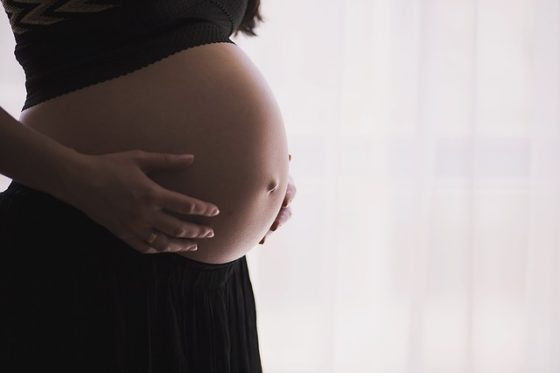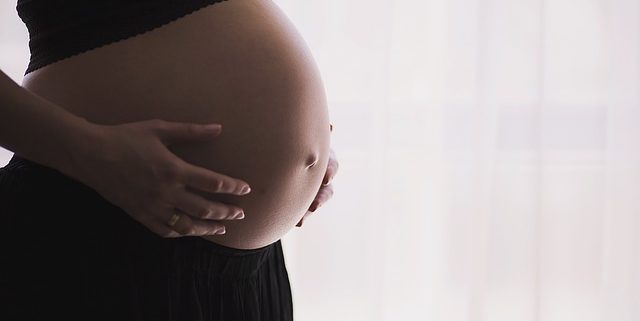Gestational Diabetes and Depression May Be Linked – In Both Directions

Gestational Diabetes And Depression
A study from the National Institutes of Health followed more than 2,000 non-obese women and more than 450 obese women. The women completed questionnaires on their mood and symptoms of depression; researchers weighted those answers to come up with a measure of the severity of their symptoms. They then reviewed the women’s medical records to determine whether they had developed GD.
In one analysis, researchers found that women who experienced depression during the first two trimesters were twice as likely to develop gestational diabetes (GD) as those who had no depression symptoms. And those with very severe depression symptoms had triple the risk of developing GD. Note that obesity significantly increases your risk for developing GD, but this trial found the same results for non-obese women.
On the flip side, a second analysis showed that women who developed GD during pregnancy were four times as likely to develop postpartum depression as those who did not have GD.
In other words, you’re more likely to develop GD if you have depression symptoms and you’re more likely to develop postpartum depression if you developed GD. It’s a brutal cycle.
What’s The Link?
The study notes that this isn’t proof that GD causes depression or vice versa. Researchers suggested that the link may be an issue of blood sugar. Some studies have shown that depression affects your ability to metabolize certain sugars, leading to high blood sugar. It’s possible that that may increase your risk of developing GD. On the other side, GD does cause high blood sugar. Those high levels may cause inflammation and hormonal changes that could contribute to depression symptoms.
Protecting Your Pregnancy
If you’re trying to become pregnant, the best way to decrease your risk of GD is to start a healthy diet and exercise routine and maintain a healthy weight. You should also maintain a healthy weight throughout pregnancy and work with your doctor to make sure you’re gaining the right amount over the course of your pregnancy. If you do develop GD, make sure to work closely with your doctor to monitor for symptoms of postpartum depression, which is treatable. You may also want to discuss the risks with a loved one that can help identify postpartum depression symptoms, since you may not always spot them on your own).
If you already suffer from depression symptoms before you get pregnant, talk to your doctor about how you may be able to manage those symptoms. In some cases, lifestyle changes can make a big difference. In other cases, you may benefit from medication or talk therapy. If you notice depression symptoms during your pregnancy, you may want to talk to your doctor about increased monitoring for GD.
The bottom line is that the best way to avoid this cycle is to take care of yourself – do what you need to be as healthy and happy as possible before, during, and after your pregnancy. Many women struggle from these conditions and you’re not alone. Don’t be afraid to reach out to your loved ones and your doctor to get any support and help you may need.








Leave a Reply
Want to join the discussion?Feel free to contribute!